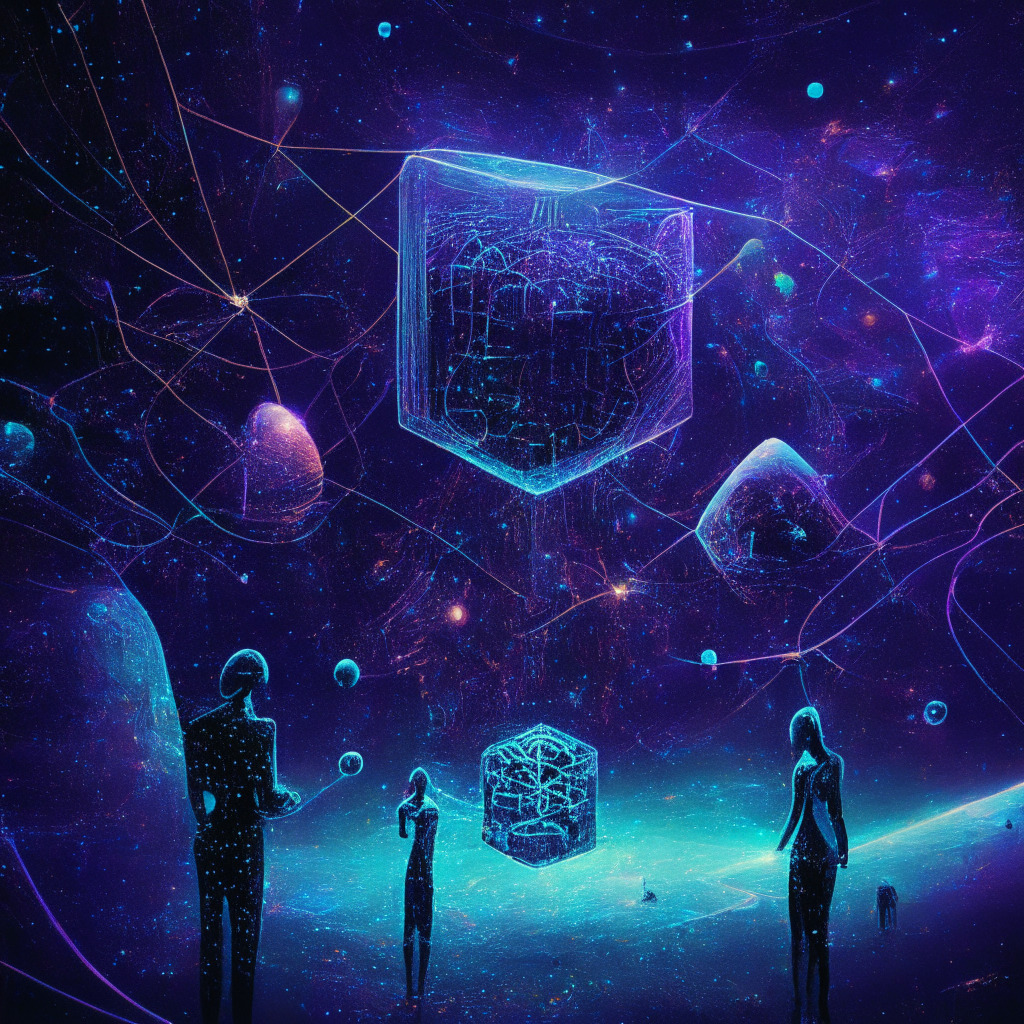In a world where technological advancements have sparked breathtaking transformations, a captivating theory proposing that our existence might be an illusion has emerged. This theory, known as simulation theory, posits that our reality, with all its intricacies and grandeur, might be nothing more than a complex computer simulation.
This mind-bending idea, while fascinating, incites a swirl of questions that blur the line between what is real and what could be a mirage. According to the theory, the universe, and everything it harbors — including us humans — are elaborate simulations crafted by a highly technologically advanced civilization.
Simulation theory, since its inception, has elicited engrossing discussions in different fields, from science to philosophy and popular culture. The narrative that humans could be living in an uncannily realistic virtual realm is not new. Philosophical deliberations such as René Descartes’ “evil demon” argument and the concept of “brain in a vat” have been exploring this possibility for centuries. This idea even took central stage in the popular 1999 film The Matrix.
Swedish philosopher Nick Bostrom, in his article “Are You Living in a Computer Simulation?” expounded this theory, suggesting that one of three possibilities must be true: either humanity never reaches a stage where it can run simulations, post-human civilizations have no interest in orchestrating simulations, or we are almost certainly living in a computer simulation.
While rapid technological progress, which could potentially spawn indistinguishable virtual worlds, lends some credence to the theory, it also amplifies the skepticism. This skepticism is often fueled by the absence of concrete evidence, the complexities of simulating consciousness, and the intimidating philosophical ramifications if our reality is indeed an illusion.
But, whatever the verdict on simulation theory becomes, it sparks essential discourse on the nature of reality, our understanding of existence and our place in the cosmos. The theory stakes ethical inquiries about the responsibilities of possible simulation creators and stirs conventional spiritual and philosophical convictions to consider the intriguing concept of living in a simulation.
But, perhaps the most provocative aspect of simulation theory lies in the profound metaphysical questions it raises. If we are living in a simulation, what does that mean for our existence and purpose? Can free will coexist with a predetermined simulation? Are the creators of the simulation equivalent to gods? These questions still remain largely speculative, perpetuating a dialogue that extends beyond facts to the realm of abstract philosophy.
Source: Cointelegraph




